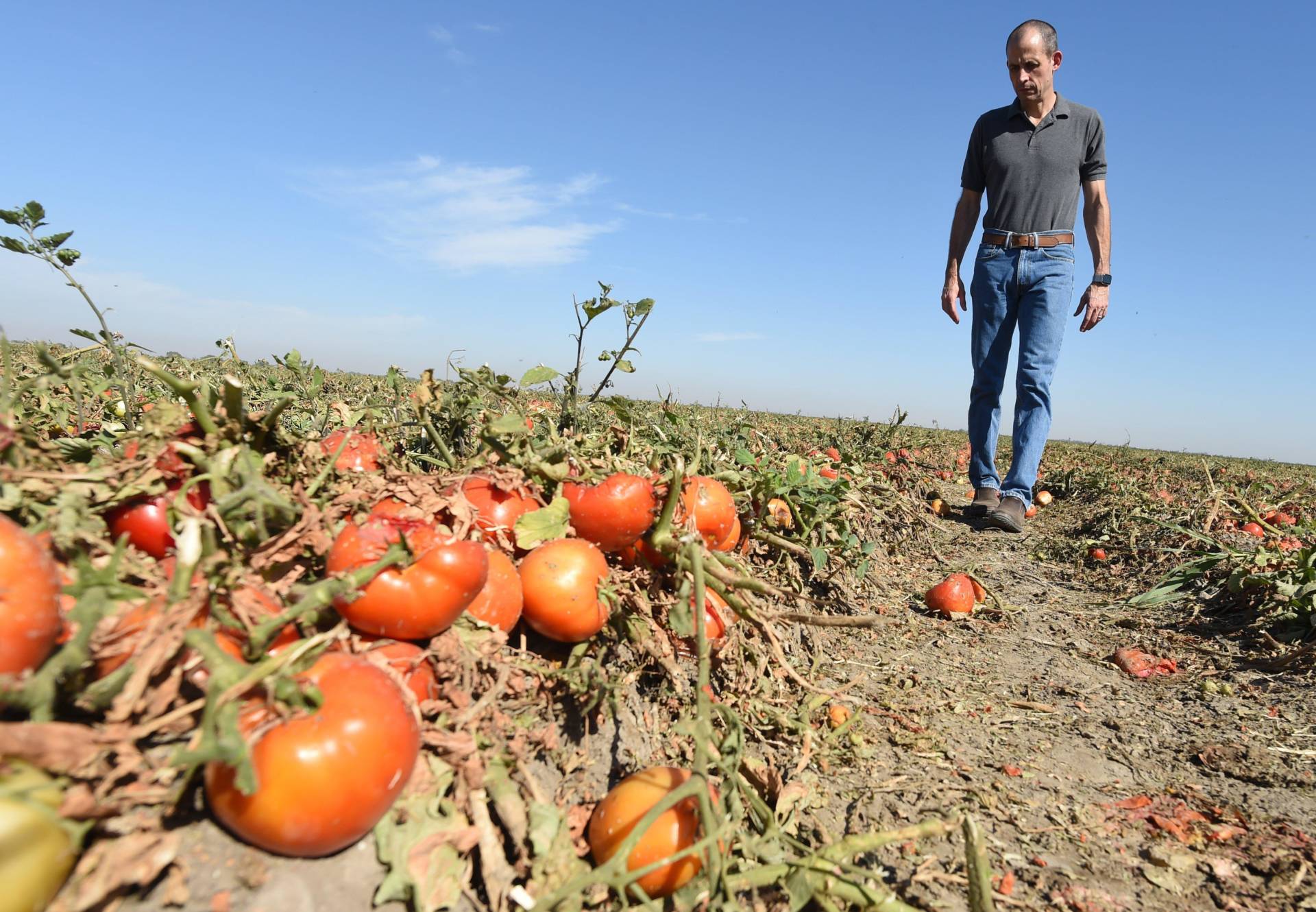



Article by: Hari Yellina (Orchard Tech)
The pandemic has disrupted the rhythms of labour and migration worldwide. In Western Europe, for example, borders were tightened early last year, keeping out seasonal workers from Eastern Europe. However, in isolated Australia, the pandemic has delivered a particularly sharp blow, exposing the unstable foundation of its agriculture industry, a growing $54-billion-a-year goliath that for years has been underpinned by the work of young, transient foreigners. Measures to keep the coronavirus out of the country have left Australia with a deficit of 26,000 farmworkers, according to the nation’s top agriculture association. As a result, tens of millions of dollars in crops have gone to waste from coast to coast.
In the state of Victoria, rows of baby spinach and rocket, also known as arugula, have been ploughed back into the earth, and peaches have been sent to the shredder. In Queensland, citrus growers have bulldozed acres of trees and left blueberries to rot. And in Western Australia, watermelons have been slashed and dug under. This enormous destruction has fueled rising calls for Australia to rethink how it secures farm labour, with many pushing for an immigration overhaul that would give agricultural workers a pathway to permanent residency.
The current system was never intended to be a permanent solution to farmers’ decades-long labour struggles. But as the industry expanded and fewer Australians were willing to pick crops, the so-called backpacker program offered a lifeline. Since 2005, the government has steered young travellers to farms by offering extensions of working holiday visas from one year to two for those who have completed three months of work in agriculture. Backpackers can earn extensions by working in other industries like construction or mining, but 90 per cent do so through farm work.
In a normal year, more than 200,000 backpackers would come to Australia, making up 80 per cent of the country’s harvest workforce, according to industry groups. Now, there are just 45,000 in the country, according to government data. With border restrictions in place, the arrangements have sometimes been convoluted. In January, after months of urging from the federal government and industry groups, Victoria agreed to take 1,500 Pacific island workers. They must first quarantine for two weeks on the island of Tasmania before being flown to Victoria. In exchange, 330 Tasmanians stranded overseas will be able to return through Victoria’s quarantine hotels.